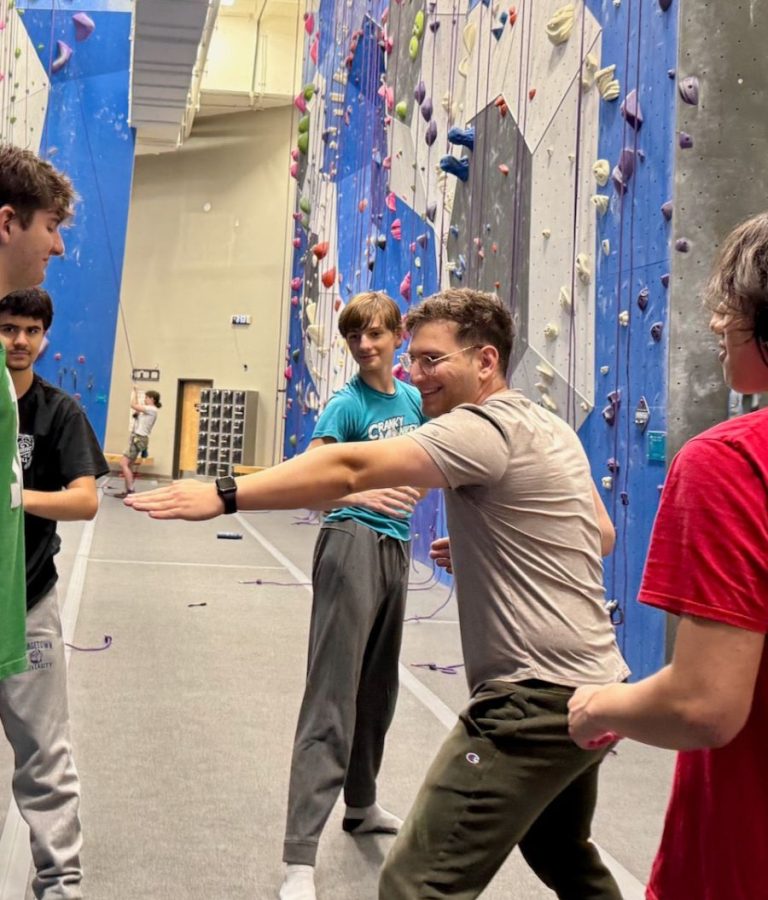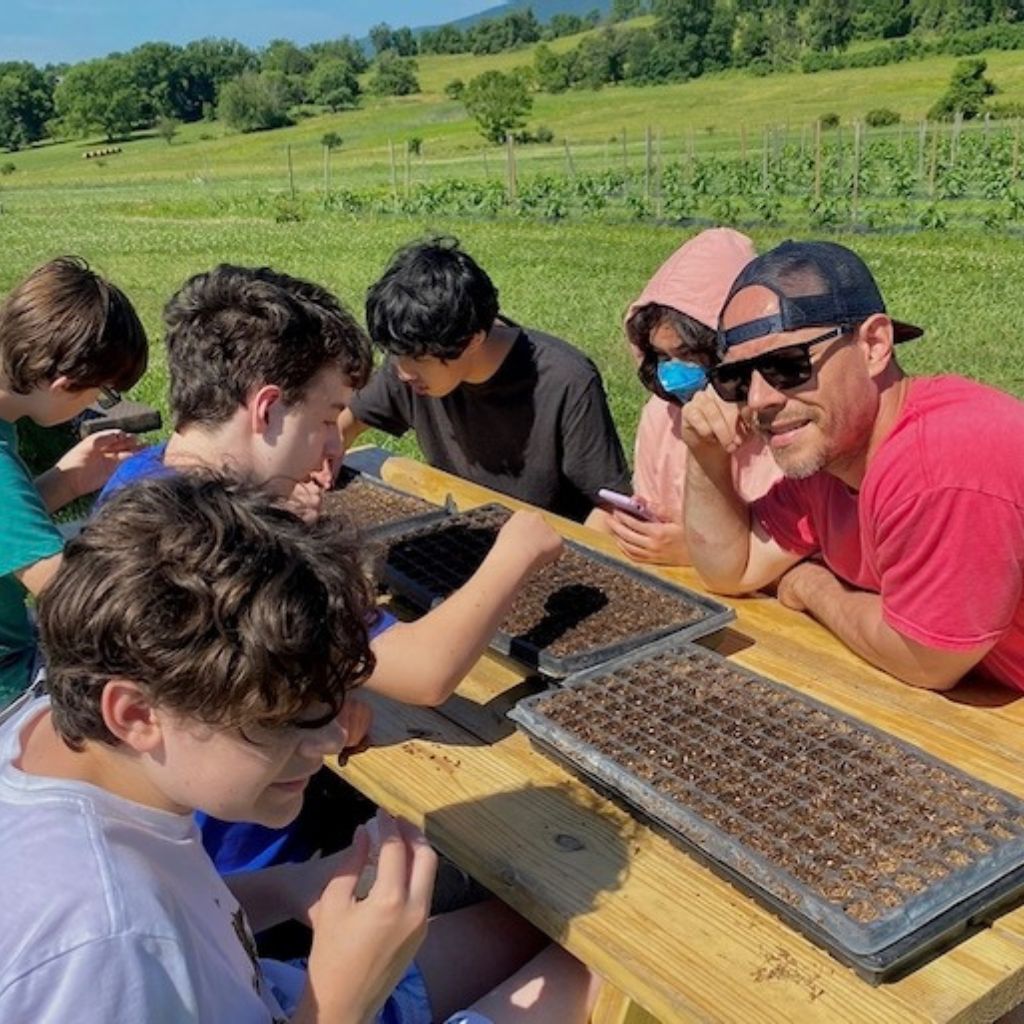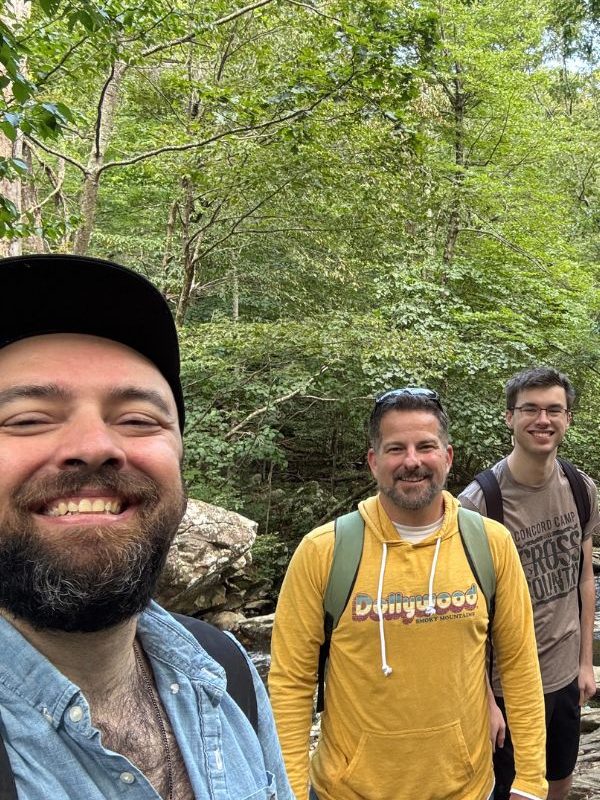Loneliness / Isolation Therapy for Teens & Young Adults in Fairfax, VA





What Is Loneliness / Isolation and How Is It Affecting Teens & Young Adults in Northern VA?
Loneliness and isolation are more than just being alone—they’re about feeling disconnected, unseen, or like you don’t quite fit in. For many teens and young adults, these feelings can be especially tough because they may be less likely to talk openly about emotions or reach out for help. Parents may notice changes but not realize they’re rooted in loneliness. Here’s how it can show up:- Withdrawal: Spending more time alone in their room, avoiding friends, or pulling back from family.
- Mood changes: Irritability, sadness, or anger can mask deeper feelings of isolation.
- Loss of interest: Hobbies, sports, or activities that once mattered may no longer seem appealing.
- Academic or social impact: Struggling to connect with peers or disengaging from school responsibilities.
Loneliness doesn’t mean your child is failing socially—it often means they’re craving genuine connection but don’t know how to build it. The good news is that with encouragement, opportunities for connection, and open conversations, kids can learn that they’re not alone and that seeking support is a sign of strength.
American teens and young adults who felt lonely previous day (Source: Gallup, 2025)
Our Approach to Loneliness / Isolation in Teens & Young Adults
At Cabush, Paul & Associates, our therapists use evidence-based practices to help teens and young adults identify barriers to connection, improve social confidence, and develop skills for initiating and maintaining friendships. Group therapy, role-play, or peer support programs are often used to create belonging while addressing underlying self-esteem or emotional regulation concerns.
A typical case could include one or more of the following approaches:
- Group Therapy & Friends Groups
- Attachment Theory
- Individual Coaching
"The team at Cabush, Paul, and Associates has a unique gift with adolescent boys. Our son never wanted to go to therapy before, and now he looks forward to it. It’s been a huge relief to see him supported by people who truly understand him.”
Parent of a 16-year-old


5 Signs Your Teenager May Be Feeling Lonely or Isolated
- Pulling Away from Friends or Activities – They stop hanging out with friends, avoids social events, or drops hobbies he once enjoyed.
Spending Excessive Time Alone – While alone time is normal, long stretches in his or her room or only engaging online may signal deeper isolation.
Changes in Mood – Loneliness in kids often shows up as irritability, frustration, or seeming “short-tempered” rather than openly sad.
Drop in Motivation or Energy – They may struggle to keep up with schoolwork, sports, or family responsibilities, seeming more tired or detached.
Subtle Bids for Connection – They might linger around family without engaging, make offhand comments about not having friends, or downplay his feelings while quietly seeking reassurance.
Because teens often mask loneliness behind anger, withdrawal, or “I’m fine” statements, parents can help by keeping conversations open, offering low-pressure ways to connect, and showing they’re available without pushing.
Loneliness / Isolation: Myth Vs. Fact
Myth: If my teen has friends online, they can’t be lonely.
Fact: Digital connections help, but without in-person closeness, kids can still feel deeply isolated.
Myth: Loneliness just means being alone.
Fact: A teen can be surrounded by people and still feel disconnected or unseen.
Myth: Boys don’t get as lonely as girls.
Fact: Many boys struggle too—they just show it differently, often through irritability or withdrawal instead of sadness.
Myth: Loneliness is just a phase they’ll outgrow.
Fact: Ongoing isolation can harm self-esteem and mental health if it’s not addressed.
Myth: Telling them to “be more social” will fix it.
Fact: Real connection takes time, patience, and supportive spaces where they feel safe to open up.


Contact Us for a Free Consultation About Loneliness/Isolation
Call us at (703) 691-0036 or fill in our easy contact form.
